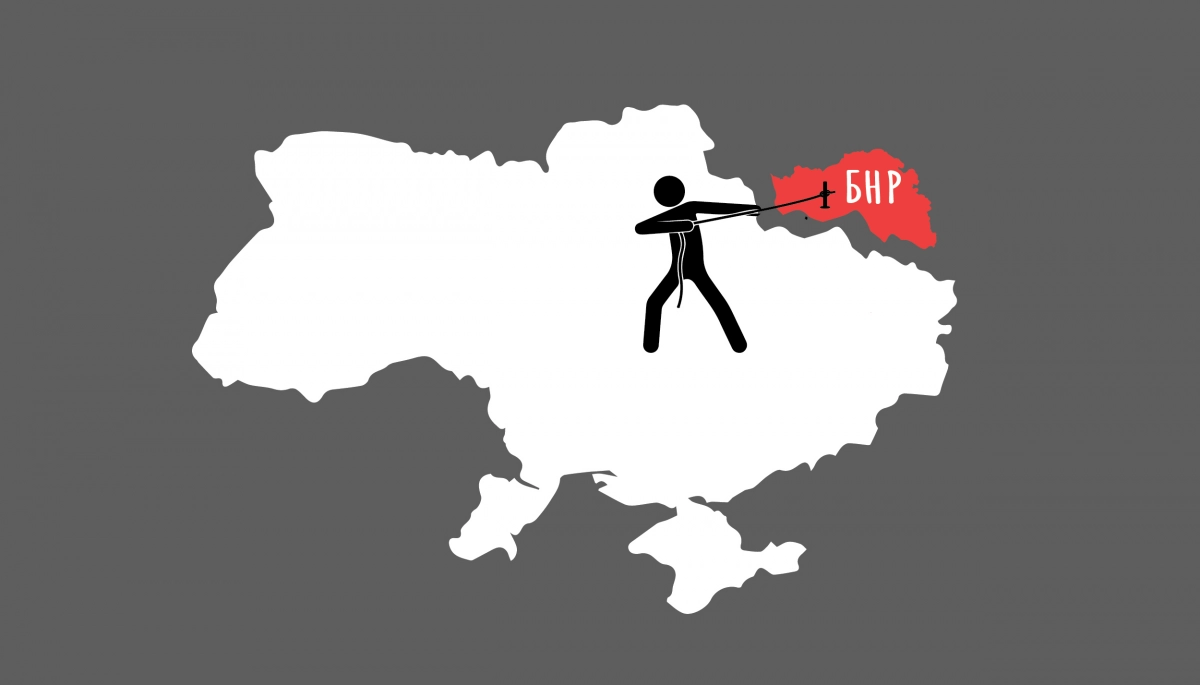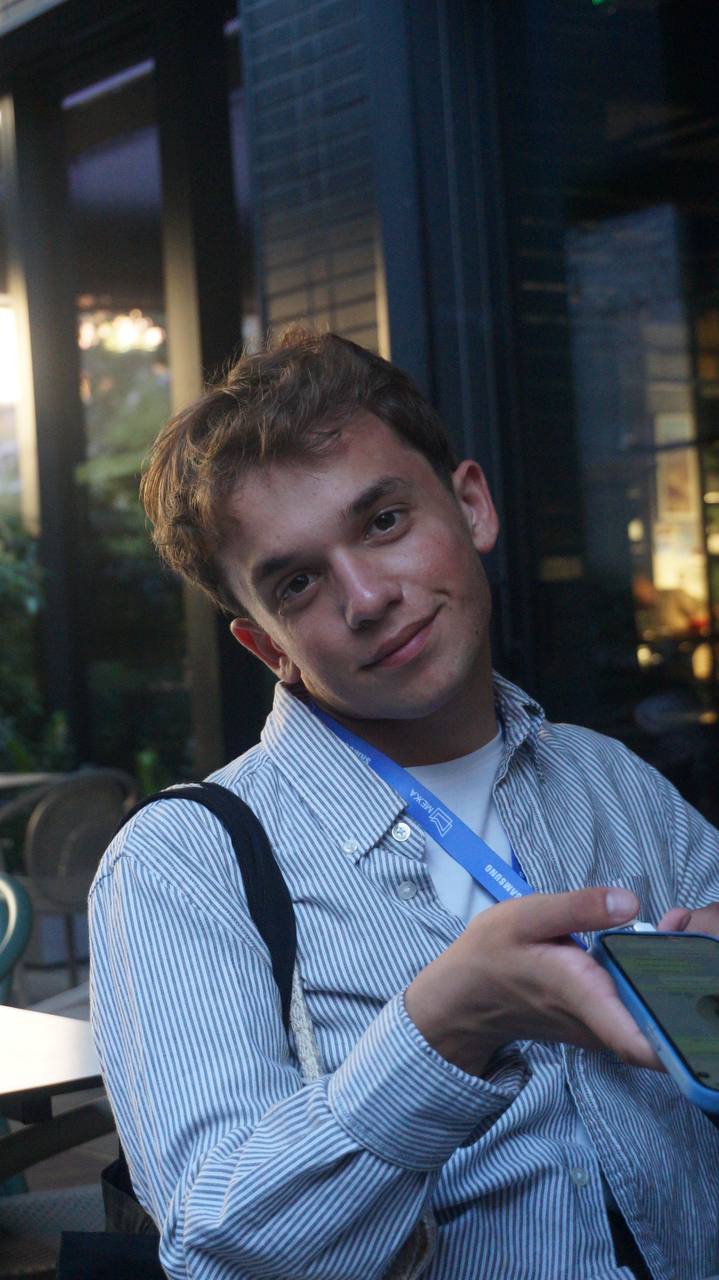Українською читайте тут.
On Ukraine’s Unity Day, January 22, 2024, Volodymyr Zelenskyy signed the decree "On the Territories of the Russian Federation Historically Inhabited by Ukrainians." He addressed this in a greeting on the occasion of the holiday. According to the text of the decree, Russia systematically perpetrated and still perpetrates oppression of Ukrainians, violates their fundamental rights and freedoms, and denies national identity, in particular in the historically settled lands of Kuban, Starodubshchyna, and Northern and Eastern Slobozhanshchyna. Today, these territories are mostly Russian: Krasnodar Krai, Belgorod, Bryansk, Voronezh, Kursk, and Rostov Oblasts. This decree actualizes the restoration and preservation of the historical memory of Ukrainians, the introduction of appropriate rights for ethnic groups, the right to receive education in the Ukrainian language, and its free use. The document foresees specific opportunities, which, for the most part, Russia does not provide for the ethnic Ukrainian community or only pretends to provide.
However, Telegram channels reported that Ukraine is planning an "attack" on Russia because the Ukrainian authorities seek to repeat dictator Putin’s actions regarding the "restoration of historical justice." Yet now Ukraine has something to return, unlike the occupiers who, since the beginning of the war in 2014, called for the protection of "Russian territories" on Ukrainian territory. According to them [Telegram channels], in the conditions of a full-scale invasion, the Kremlin was protecting Russians from Ukrainians (freeing "Russians" from Ukraine’s yoke) and not waging a bloody war. However, in reality, the decree does not mention any so-called territorial claims — it is instead a step for Ukraine to be heard about, for its historical past to be reminded in the world, and for people not to believe in the stereotypes about the Ukrainian state being "created only in the USSR."
DM briefly explains the importance of the decree and what method the propagandists used this time.
What does the decree address
First of all, it is a diplomatic move regarding the protection of national minorities. In no case does the decree envisage the "capture" or "return" of former Ukrainian territories. After all, Ukrainian borders are recognized precisely as of 1991. In particular, Ukraine is now fighting to restore territorial integrity within its internationally recognized borders. However, more than a hundred years ago — in 1919, Ukraine's borders included some Russian or even Belarusian, Polish, Slovak, and Romanian lands. Moreover, every year on January 22, Ukraine celebrates Unity Day, when the Act of Unification of the Ukrainian People's Republic and the West Ukrainian People's Republic was proclaimed during the period of national liberation struggles. Then, the state united into a single one and tried to fight for its freedom. This period in the history of Ukrainian state-building is extremely rich in events of restoration of independence because, at the same time, the October Revolution was taking place in Russia, the former empire, and the Bolsheviks gradually came to power. Since Ukraine was part of that empire, it was natural that Moscow wanted to keep some Ukrainian territories.
Ukrainian territories as of 1919:
"United Ukraine" Map. National Historical Library of Ukraine
Therefore, with the help of a map, one can imagine the territory of the Ukrainian state as of more than a century ago. Later on, Ukraine had gone through the formation of the Soviet Union, two world wars, and dozens of agreements that radically changed the territory of today’s modern Ukraine. No one claims all these lands today because they now belong to different states, except for jokes about the restoration of the BNR (Бєлгородська народна республіка, Belgorod People's Republic) or the return of the Kuban to Ukraine — where Ukrainians "plan" to create their quasi-organizations to destabilize Russia. We are kidding, of course.
The decree envisages that the Cabinet of Ministers of Ukraine, together with international experts, scientists, and the society, will develop and submit to the National Security and Defense Council an action plan to preserve the national identity of Ukrainians in Russia. For example, the government will record the facts and testimonies about crimes committed by Russia against Ukrainians. The decree specifies that it will address forced Russification, political repressions, and deportations.
Historian, author of a YouTube channel on historical topics, and officer of the 3rd separate assault brigade, Oleksandr Alfyorov, in a commentary for the Liga.net business publication, said the decree triggers many processes that allow Ukraine to demonstrate its history to the world in a different way. At the same time, the document raises many issues for Russia. We see that the historian also examines the decree from the standpoint of cultural diplomacy.
"The decree helps to demonstrate that the current territory of Ukraine is much smaller than the area of residence of ethnic Ukrainians. It shows that the Ukrainian diaspora in Russia was deliberately exterminated and subjected to significant oppression," Mr. Alfyorov explained.
Therefore, Ukraine will show that it is a state with an ancient history and a diverse culture and that not only the Kremlin has the right to appeal to history. Research and coverage of historical facts can show Russia as an aggressive, colonialist, and arbitrary state in its implementation of international norms.
Serhiy Plokhiy, professor of the Department of Ukrainian History at Harvard University, said the Decree also concerns security issues. For example, if Russia disintegrates due to internal strife, Ukraine needs to create "safe zones" on its borders. It means getting a better understanding of the population loyal to Ukraine.
"This is Ukraine’s terrorist plan"
Despite the absence of any hints about Ukraine's alleged aggression towards the modern territories of Russia, Moscow came out with a statement that these are "territorial claims". Telegram channels were horrified and drew a parallel with their pro-Kremlin rhetoric, which claims the restoration of so-called "historical justice" and hinted that the Ukrainian military would soon "reach" Voronezh. However, the propagandists have not noticed that Ukraine acts within the framework of international agreements, and Russian "historical justice" and "protection of national minorities" are reasons for a bloody war.
Dmitry Peskov, press secretary of the dictator Putin, was the first to state the Kremlin. Subsequently, his quote was circulated to anonymous users:
"Zelenskyy's territorial claims to Russia are not stupidity, but an attempt to hide real issues".
However, Peskov has not precisely specified what issues Volodymyr Zelenskyy is hiding. Yet, the Telegram channels have broadcasted the Kremlin's rhetoric. Their response to this statement described the problems at the front, Zelenskyy not following the instructions of his "external managers," and those dissatisfied with the situation demanding new "accomplishments" from the Ukrainian president. Therefore, according to anonymous Telegram channels, he dared to declare war on Russia allegedly.
Pro-Russian blogger Anatoliy Shariy called Zelenskyy's decree "a very relevant trolling, given the current situation at the front."
Kremlin’s mouthpieces also reacted; in particular, Margarita Simonyan, editor-in-chief of the propagandist media Russia Today, said: "He encroached on Kuban, my native land! Well, alright, come here. It's interesting to see how our Cossacks will talk to you."
However, according to historian Vladyslav Hrybovskyi, in ancient times, the Zaporozhia Cossacks, or Black Sea Cossacks, inhabited Kuban — they migrated after the disintegration of Zaporozhia Sich. Then, they served in the Russian Empire. This region experienced perhaps the greatest Russification, destruction of national identity, rewriting of Ukrainian surnames in the Russian manner, etc.
Moreover, when discussing the decree, the propagandists used the words or phrases such as "encroached", "pays off", and "decided to take revenge". In these statements, one can trace rather far-fetched aggression used to enrage Russian society. According to them, "Moscow is fighting to protect the Russian population from Ukrainian escalation."
Dmitry Medvedev, a former Russian president, also commented on the initiative. He denied the existence of Ukraine altogether, explaining that there are "no Ukrainians" in Russia because the entire Ukrainian population is "actually Russians."
"The senior Ukrainian drug addict carried out a propaganda move caused by the failure at the front. Taking a double dose, he signed a decree on "territorial claims" to Russia. There is nothing to comment on here since Ukrainians are Russians, and Malorossiya is a part of Russia."
Marginal channels claimed that it is "not the protection of ethnic Ukrainians" but Ukraine's alleged need to replenish the ranks of the Armed Forces of Ukraine. Without exaggeration, they said that Ukraine would mobilize people from the border areas of Russia:
"Zelenskyy doesn't know where to get new soldiers — that's why they decided to get them from other countries."
Therefore, Telegram channels did not explain the decree’s content but only distorted the general context. For Moscow, Ukraine "does not exist". Thus, recognizing ethnic Ukrainians appeared to them as an illogical process.
However, it is Russia that is really seizing other people's lands. Moscow legitimizes itself in the eyes of Russians by using the "restoration of historical justice" messages: seizing Ukrainian territories, violating international agreements, holding fake referendums, etc. It demonstrates this as if the Kremlin is not taking over someone else's land and property but returning what it lost. However, the term "restoration of historical justice" hides another realistic aspect — the occupation of Ukrainian territories and the search for justifications for an unprovoked war.
Our restoration of historical justice consists of making the world understand the criminality of Russia's actions against Ukrainians throughout all the years of our existence.



